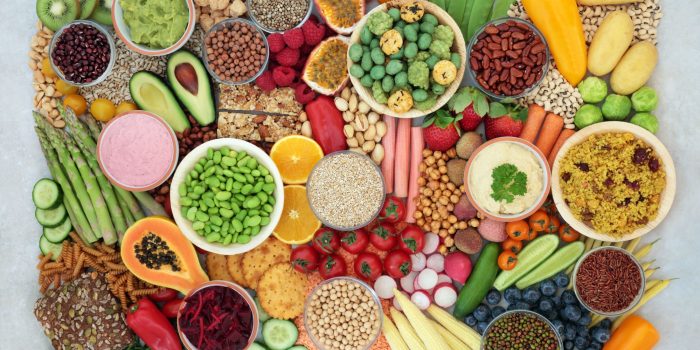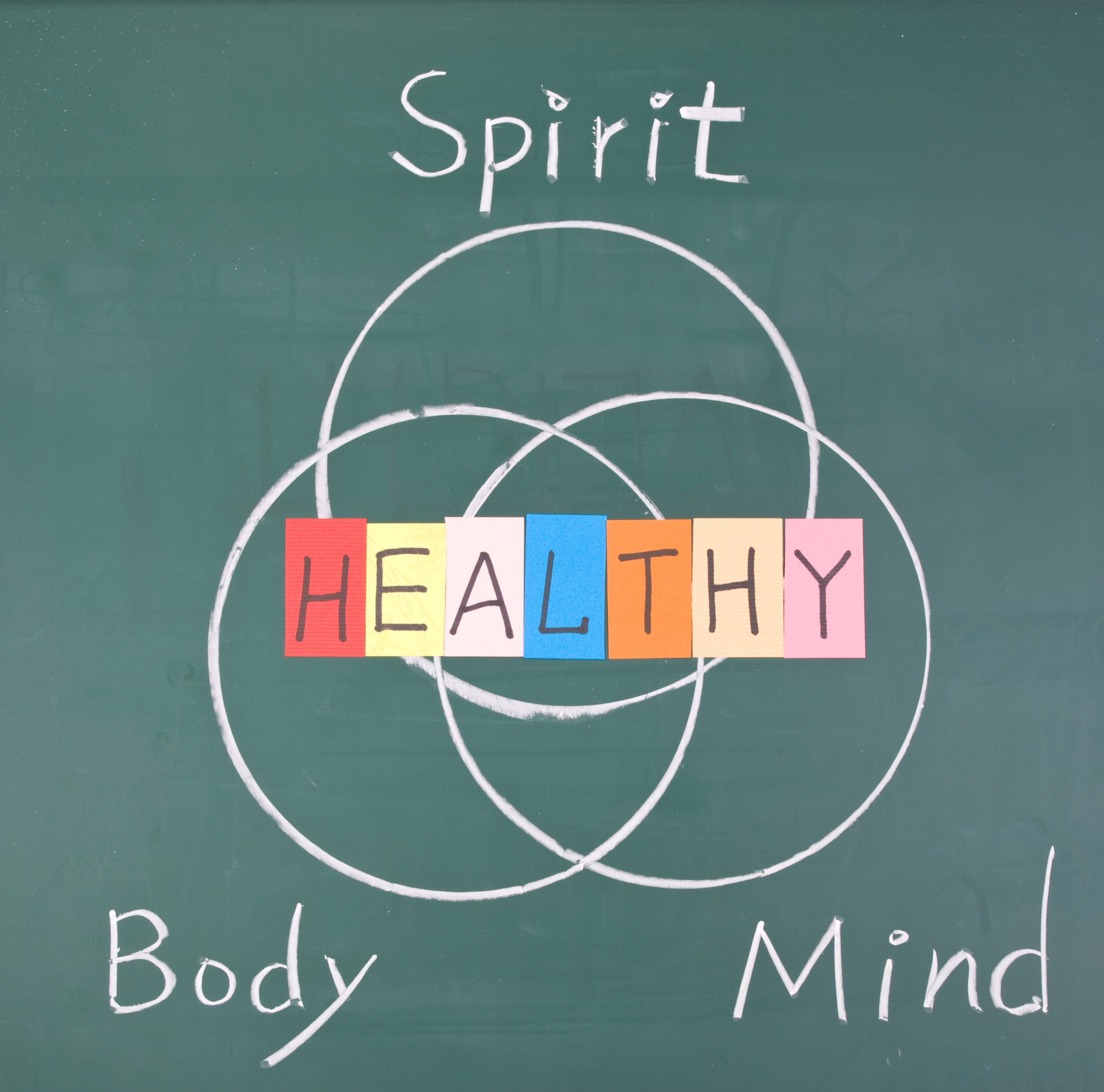
Can a plant-based diet reduce your biological age?
September 25th, 2024A person has 2 ages, a chronological and biological age. Lifestyle factors affect the ageing process and, a recent study has shown that a plant-based diet can play a major part in reducing your biological age keeping you healthier for longer.
Chronological v Biological age
Your chronological age is how long you have existed on the planet, whereas, your biological age is how old the cells are in your body. Some people have the same chronological and biological age, while others may be years apart. A 21-year-old who leads an unhealthy lifestyle like regular partying, no exercise and eating too much junk food could have a biological age of 35. A 60-year-old living a healthy lifestyle like keeping active, eating a nutritional diet and getting plenty of rest could have a biological age of 50.
Here’s a classic example, comparing a heavy smoker who likes to sunbathe a lot and someone who doesn’t. The smoker inhales toxins from the tobacco, the toxins decrease blood flow to the skin, breaking down collagen and elastin causing wrinkles. Toxins in tobacco can also age your organs prematurely. When ultraviolet rays enter skin cells, they disrupt delicate processes and it affects the growth and appearance of the skin. In most cases, visually and physiologically the non-smoker who likes to spend some time in the sun but does not overdo it will be healthier and look younger (unless they have underlying health conditions).
You can reduce your biological age by taking some simple steps
Lifestyle changes are the leading factor to reduce your biological age. For example, getting regular exercise, reducing alcohol consumption, staying hydrated and getting a good night’s sleep. A key factor is diet, what you eat, the nutritional value and when you consume your food. A recent study has shown that a plant-based diet can reduce your biological age.
Twin Nutritional Study (TwiNS): Vegan VS Omnivore
A Twin Nutritional Study (TwiNS): Vegan VS Omnivore at Stanford Medicine has revealed that a plant-based diet (vegan) can reduce your biological age. The study was based on 21 pairs of identical twins.
One of each set of twins ate a plant-based diet, and the other twin ate an omnivore diet which included meat, eggs and dairy foods. After 8 weeks, the researchers found that the twins who ate a plant-based diet showed a decrease in the biological age of their heart, hormones, liver and inflammatory metabolic system. There was no change in the biological age of those on the omnivorous diet.
The first author of the TwiNS study, Varun B. Dwaraka PhD, head of bioinformatics and principal investigator at Tru Diagnostics explained “By recruiting twins to the study, researchers were able to eliminate one of the largest confounding factors when studying epigenetics: DNA. This was the perfect kind of design because essentially what you’re doing is looking at two genetically identical individuals and then allowing them to have two different diet types and then seeing what the response would be.”
In conclusion, the experts revealed that a plant-based diet can help to reduce a person’s biological age. However, there is one consideration about the study. Due to the fact the plant-based diet was less calorific, on average 200 calories a day, weight loss experienced by the plant-based diet twin could have also been a factor in the biological age reduction.
More tests are needed.
Read the study notes here.
What is a plant-based diet?
A plant-based diet, also referred to as a vegan diet, is based on plants.
Vegetables, grains, nuts and fruits. People on a vegan diet, ‘vegans’ don’t eat food that comes from animals including dairy products and eggs. It is possible to get all the nutrients and human needs from a plant-based diet.
The diet should include foods such as:
- Fruit and vegetables
- Dried fruit
- Potatoes, bread, rice, pasta
- Fortified dairy alternatives
- Tofu
- Soy
- Beans
- Pulses
- Nuts – especially walnuts
- Seeds
- Oils
- Cereals
Supermarkets, most restaurants and cafes do cater for vegans now. With a good understanding of a nutritional diet and meal planning, it is easy to start a vegan eating regime.
The negative aspects of a vegan diet
Becoming a vegan has been a popular lifestyle choice around the globe in the last few years. However, a lack of nutritional knowledge can cause problems for a person eating a plant-based diet, for example:
- Low energy levels and weight loss problems – a vegan diet can make it hard to track calories. An average person should aim to eat 2000 calories a day, if not, there could be a substantial drop in energy levels and weight loss problems
- Hormone disruption – soy contains a lot of phytoestrogens (plant compounds similar to estrogen) and consuming too much can disrupt hormones
- Depression – lack of omega-3 fatty acids can contribute to depression
- Eating disorders – a common eating disorder associated with a plant-based diet is orthorexia
- Lack of nutrients – the most common nutrient deficiency for vegans are Vitamin B12, calcium, omega-3 fatty acids and protein
We recommend our product Vitamin B12 (Methylcobalamin), which activates natural energy in the body. It promotes concentration levels and is beneficial for mental health and mood.
Helpful information…
- Vegan.org is a renowned company sharing the benefits of veganism, making it easy to transition to a diet free of animal products.
- The Vegan Society was formed in 1944. It’s come a long way, educating people about the benefits of a vegan diet – animal care and the environment.
- Click here for 130 vegan recipes.
References
- https://www.nm.org/healthbeat/medical-advances/science-and-research/What-is-Your-Actual-Age#:~:text=Chronological%20age%20is%20how%20long,of%20any%20aging%2Drelated%20disease.
- https://newsinhealth.nih.gov/2014/07/sun-skin#:~:text=When%20UV%20rays%20enter%20skin,or%20thinned%20like%20tissue%20paper.
- https://www.healthline.com/health-news/short-term-vegan-diet-may-slow-biological-aging#Vegan-vs.-omnivore:-Which-diet-is-healthier
- https://www.nhs.uk/live-well/eat-well/how-to-eat-a-balanced-diet/the-vegan-diet/







